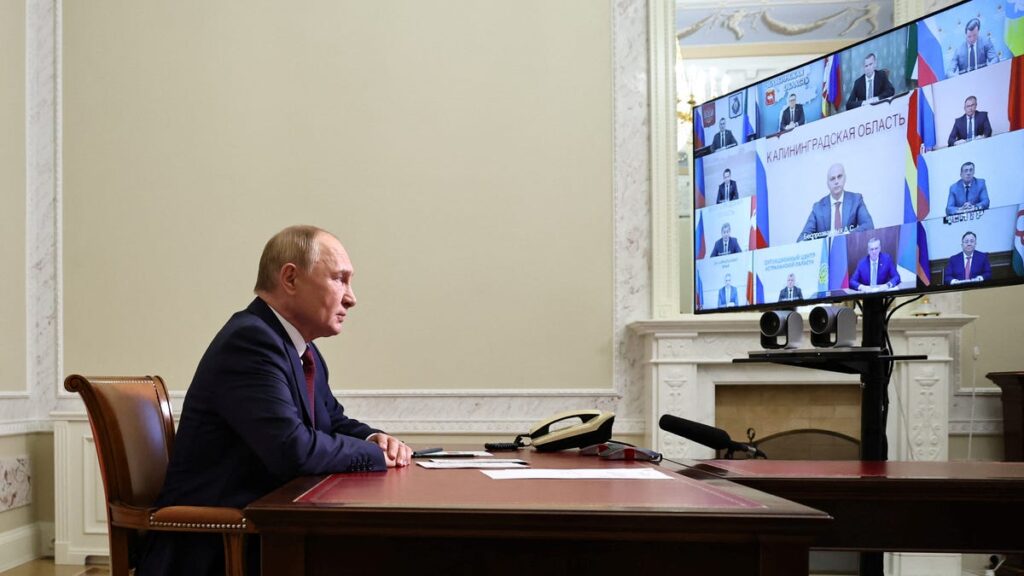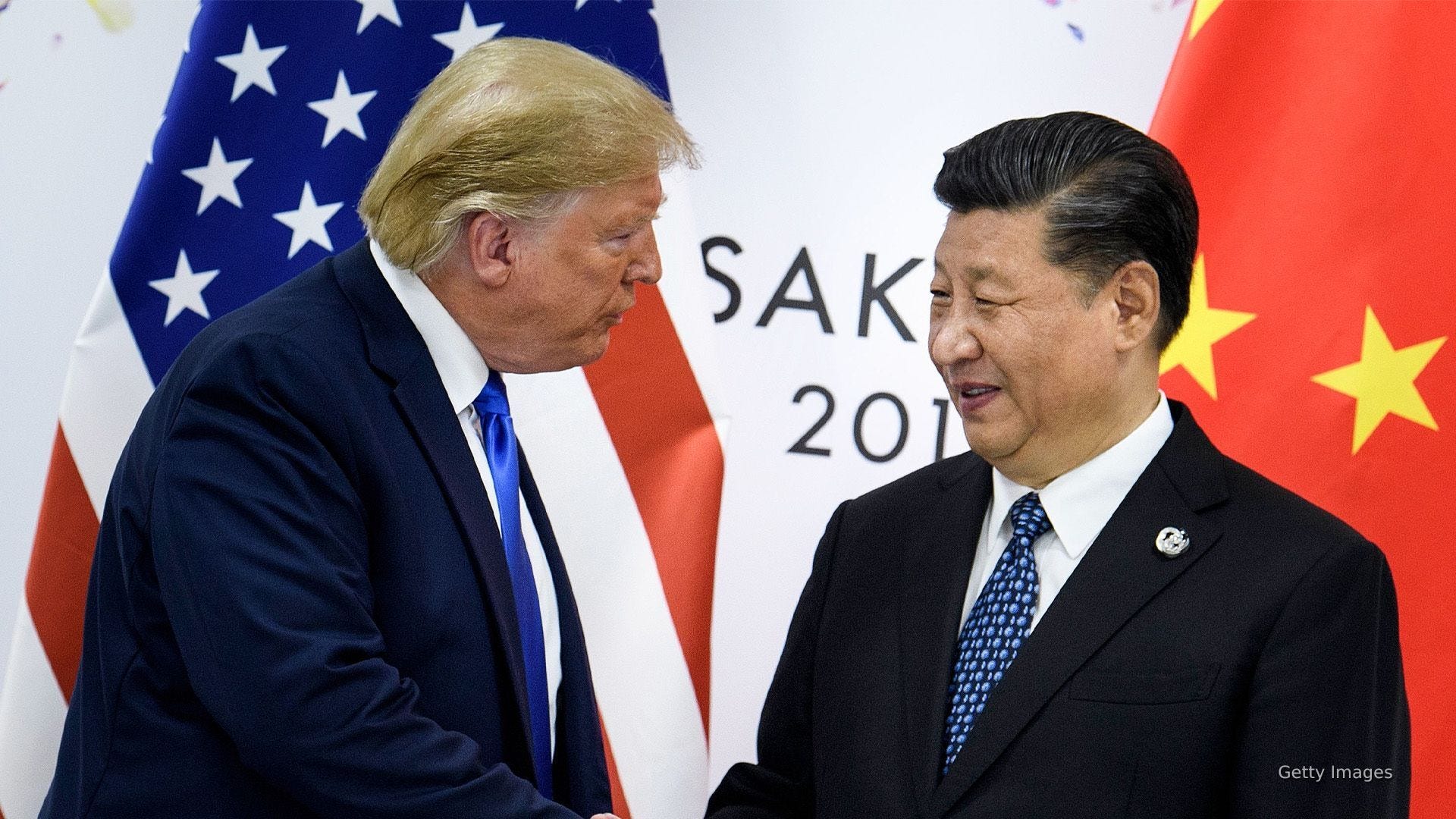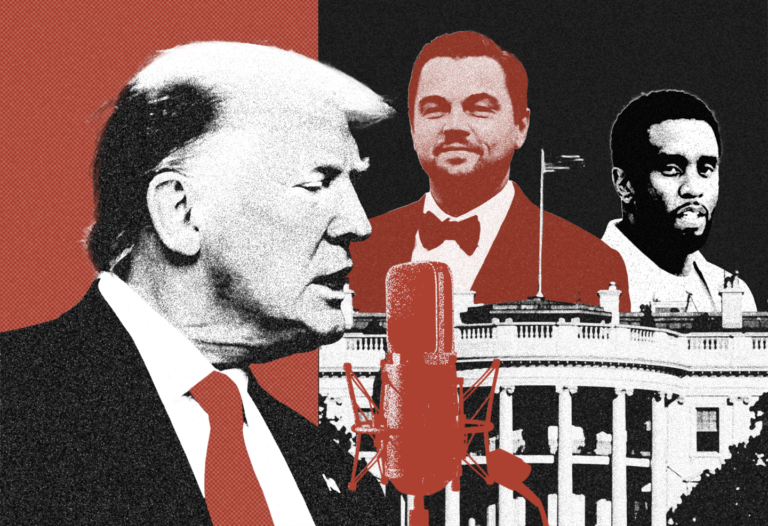
The State Department’s Center for Global Engagement criticized Moscow and Beijing for disinformation efforts. But the pro-Trump Republican Party said the matter had become politicized.

Trump invites Chinese President Xi Jinping and other foreign leaders to attend the inauguration
President-elect Donald Trump packed his inauguration guest list with world leaders to witness his swearing-in as the 47th president of the United States.
Straight arrow news
WASHINGTON – The State Department’s Center for Global Engagement, the highly regarded nerve center coordinating American efforts to counter foreign disinformation – particularly by Russia and China – closed this week after becoming a source of conservative criticism.
The mission of the GEC, as it was commonly known, was to “direct, lead, synchronize, integrate, and coordinate” the U.S. campaign against propaganda and disinformation efforts intended to undermine or influence the policies, security, and stability of the United States and its nations. Allies.
But GEC, with a relatively small budget of $60 million and 120 employees, was first criticized in 2023 by Elon Musk, the billionaire adviser to President-elect Donald Trump, as “Worst offender In US government censorship and media manipulation.”
The GEC was initially included in a stopgap bill to fund the government after the Dec. 20 deadline, but GOP lawmakers deleted it from a last-minute bill that Congress eventually passed.
A State Department spokesperson said the GEC “will terminate pursuant to the law [by the end of the day] Agence France-Presse reported that the State Department consulted with Congress on next steps.
GEC assets in combating terrorist propaganda
GEC evolved from the Counterterrorism Strategic Communications Center, which the Obama administration established in 2011 to counter extremist recruitment and online propaganda. An executive order issued by Obama in 2016 established the CEC to expand its mission to include combating disinformation provided by government and non-government actors.
GEC soon began to focus primarily on using high-tech tools such as social media analytics to identify and combat disinformation campaigns by Moscow and Beijing that were increasingly targeting Washington and its allies. It has sought to expand its influence by working with other U.S. agencies, foreign allies, and the private sector.
“Calling China” – and Russia too
Report dated September 28, 2023 issued by GEC China called To spend billions of dollars annually on foreign manipulation efforts. He detailed how Beijing has used “a variety of deceptive and coercive methods in its attempt to influence the international information environment.”
The report said China pushed propaganda on a massive scaleincluding through fake news media and research papers “that falsely blame the United States for creating the COVID-19 virus.”
These efforts wrongly promoted “desired narratives of China and the Chinese Communist Party on issues such as Taiwan, its human rights practices, the South China Sea, its domestic economy, and international economic engagement.”
More broadly, the GEC report said, China has sought to leverage propaganda, censorship and “digital authoritarianism” to encourage foreign governments, journalists and civil society more generally to accept its preferred narratives and avoid criticism of its behavior as it seeks greater influence on the global stage. .
GEC also published several harsh criticisms of Russia.
In 2020, GEC detailed how Russia Spreading conspiracy theories During the COVID-19 pandemic. She has criticized the Kremlin for trying to sow chaos in the United States, and has exposed Russian attempts to do so Destabilizing American influence in Africa By spreading false claims about American health programs.
In September, it criticized Moscow and state-run media outlet RT for their use of propaganda and disinformation. Advanced cyber capabilities – Influencing the international community on issues such as its war against Ukraine.
This RT effort included not only information operations, but also covert influence and even military procurement efforts in targeting countries around the world, including Europe, Africa, and North and South America, GEC said in a September 13 report.
“When state or non-state actors spread disinformation — material intentionally intended to deceive or divide our public — they attack the foundations of our free and open society,” Secretary of State Antony Blinken said when releasing the report. He laid out specific steps the Biden administration was taking “to hold accountable those who use disinformation to undermine our democracy,” including coordinated crackdowns by the Departments of State, Justice, and Treasury.
In January, GEC She led the agreement To counter state-run disinformation campaigns now backed by at least 21 countries including Spain, Poland, Finland and the West African nation of Côte d’Ivoire – which could also enable them to create their own versions at home.
GEC funding faced opposition in Congress in 2024 from Republican lawmakers who claimed it was exceeding its authority by trying to… To silence conservative voices In the United States, including influential people who support Trump.
Three top Republicans in the House of Representatives Blinken wrote in July To accuse the General Elections Commission of deviating from its legal duty to confront propaganda and disinformation abroad.
“Your Department refuses to acknowledge that…any value GEC provides is diluted by real concerns that GEC is at best indifferent, and at worst complicit in, a coordinated and systematic effort to expand the term ‘disinformation’ to include views that, among American progressives, Politically unfavorable or inconvenient…” the lawmakers wrote.
Sen. Chris Murphy, D-Conn., who co-authored the 2016 legislation that created the center, said such criticism is unwarranted and politically motivated. led efforts to Save it from shutting down the GOPAlong with Texas Republican Senator John Cornyn. Former Ohio Republican Senator Rob Portman Also a strong supporter.
“[The GEC] “She has played an indispensable role in combating Russian and Chinese disinformation,” Murphy said in October. “It would be unnecessary Undermining American national security “If we eliminate this tool.”
When Trump won a second term on November 5, Republicans also retained control of the House of Representatives and regained the Senate.
GEC the latter tweeted On December 18, he praised the European Union for “using the designations for the first time under the hybrid sanctions framework on Russia.”
On Tuesday, the day before Christmas, the site stopped working with this message: “This account is no longer in use as of 12/23/2024. For updates about the US Department of State, please follow @StateDept“.






